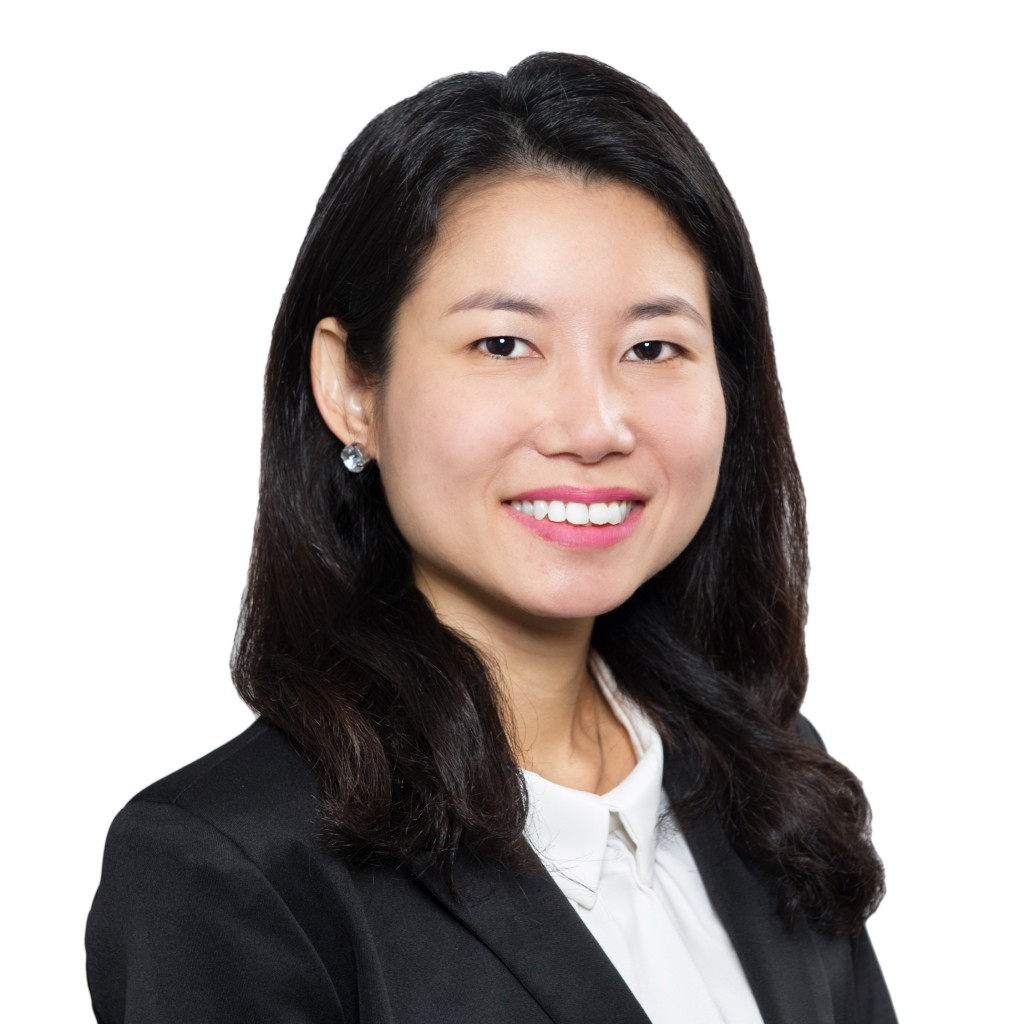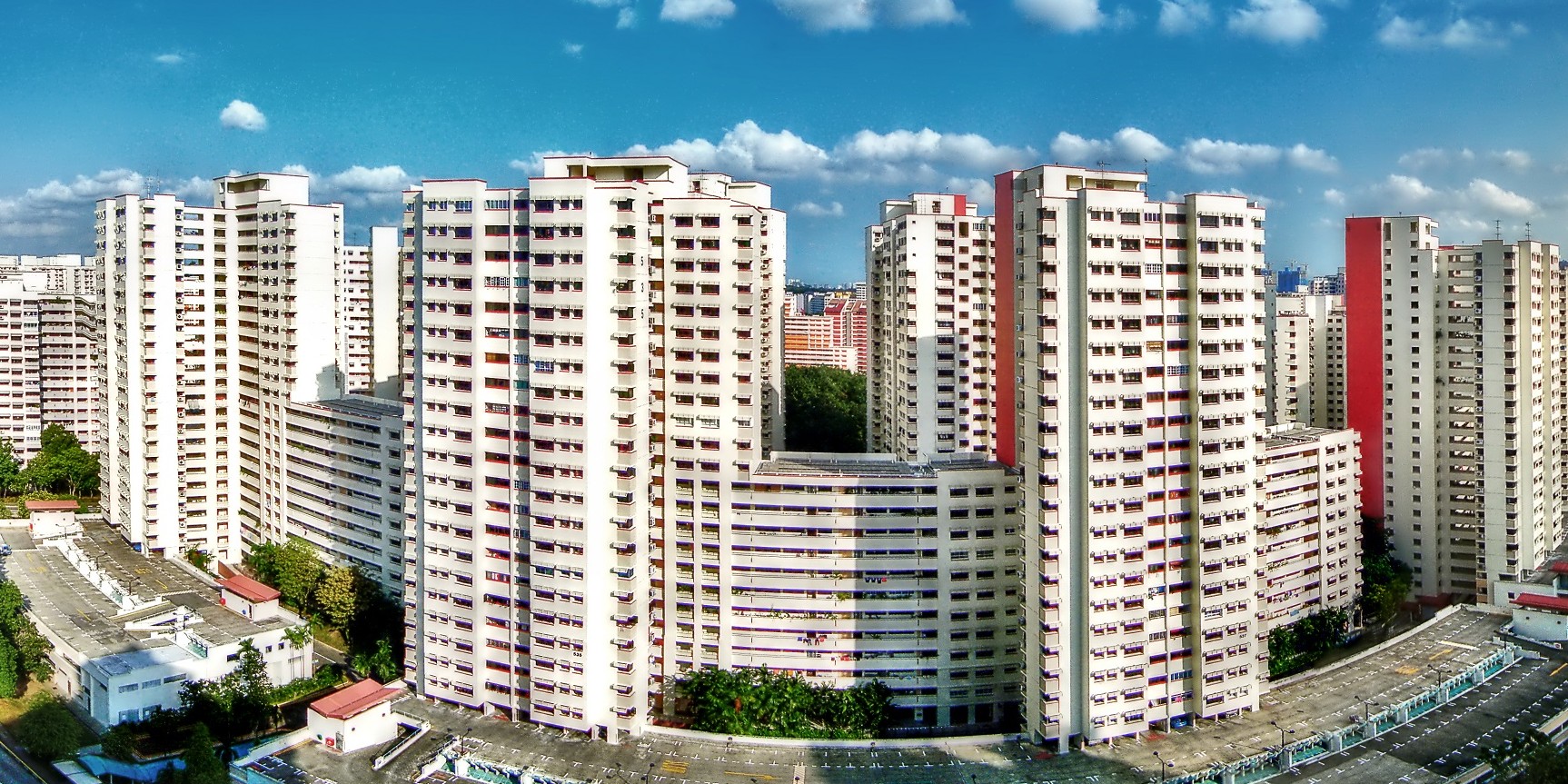View of HDB flats in Bukit Panjang. (Photo: Erwin Soo, Wikimedia Commons)
PropertyGuru asked several experts to take a look back at the year, and share their reflections on both the Singapore and regional real estate markets. They also gave their predictions for 2017.
By Romesh Navaratnarajah
Another year is ending and a new one begins. Many analysts thought 2016 would be a turning point for Singapore’s property market, and expected the cooling measures to be relaxed. However, the government repeatedly said it wasn’t the right time, fearing the market would rebound too quickly. Data shows that property prices rose by about 60 percent between mid-2009 and late 2013, but have only dropped by 10 percent since then.
While there is still a lot of uncertainty, market sentiment seems to be slowly improving, particularly in the HDB resale market and for new private home sales. In the region, emerging markets like Indonesia, Vietnam and the Philippines are riding a wave of growth. So what stood out in 2016? Here’s what the experts have to say.
SINGAPORE
 “At the start of 2016, many home buyers felt that prices would continue to fall, and speculated there would be tweaks to the government’s property cooling measures. This resulted in many buyers taking a wait-and-see approach. But as the year progressed, hope of any changes faded. Home sellers became more realistic with asking prices, while buyer sentiment began to shift. If there was a need to make a purchase, buyers took action. Whilst the primary market remained relatively steady, there was slow pickup in pockets of the secondary market. As the year ends with thoughts of a technical recession and uncertainty over global macroeconomic forces, it looks like 2017 will also see fluctuations.”— Lewis Ng, Chief Business Officer, PropertyGuru Group “At the start of 2016, many home buyers felt that prices would continue to fall, and speculated there would be tweaks to the government’s property cooling measures. This resulted in many buyers taking a wait-and-see approach. But as the year progressed, hope of any changes faded. Home sellers became more realistic with asking prices, while buyer sentiment began to shift. If there was a need to make a purchase, buyers took action. Whilst the primary market remained relatively steady, there was slow pickup in pockets of the secondary market. As the year ends with thoughts of a technical recession and uncertainty over global macroeconomic forces, it looks like 2017 will also see fluctuations.”— Lewis Ng, Chief Business Officer, PropertyGuru Group
|
 “Looking back, the HDB market in 2016 was a relatively stable one. One key indicator which stood out was price. Prices have dropped by 0.1 percent since last year. Despite the almost unchanged prices, the number of transactions is expected to increase from the 19,306 units in 2015. This market stability is good news for everyone. Buyers can be more confident in their purchase, knowing that there will not be sudden price drops. Sellers also benefit from the increased buyer interest, which translates into a higher chance of sale. All in all, 2016 has been a good year for both HDB buyers and sellers, and hopefully 2017 will be too.”— Eugene Lim, Key Executive Officer, ERA Realty Network “Looking back, the HDB market in 2016 was a relatively stable one. One key indicator which stood out was price. Prices have dropped by 0.1 percent since last year. Despite the almost unchanged prices, the number of transactions is expected to increase from the 19,306 units in 2015. This market stability is good news for everyone. Buyers can be more confident in their purchase, knowing that there will not be sudden price drops. Sellers also benefit from the increased buyer interest, which translates into a higher chance of sale. All in all, 2016 has been a good year for both HDB buyers and sellers, and hopefully 2017 will be too.”— Eugene Lim, Key Executive Officer, ERA Realty Network
|
 “What is significant about 2016 is how the residential property market appeared to have increasingly come to terms with the cooling measures, accepting them as the new norm. This encouraged buyers who were sitting on the sidelines to commit to purchases, and helped loosen the market gridlock. Already, developers’ average monthly sales have climbed by 66 percent to 751 units for the seven months between March and September 2016, from the 453 units averaged for the preceding seven months. The pick-up in market activity is positive, as it provides players with a clearer picture of asset valuation and improves market efficiency.”–Tay Huey Ying, Head of Research, JLL Singapore “What is significant about 2016 is how the residential property market appeared to have increasingly come to terms with the cooling measures, accepting them as the new norm. This encouraged buyers who were sitting on the sidelines to commit to purchases, and helped loosen the market gridlock. Already, developers’ average monthly sales have climbed by 66 percent to 751 units for the seven months between March and September 2016, from the 453 units averaged for the preceding seven months. The pick-up in market activity is positive, as it provides players with a clearer picture of asset valuation and improves market efficiency.”–Tay Huey Ying, Head of Research, JLL Singapore
|
 “Since the implementation of the Total Debt Servicing Ratio (TDSR) framework in June 2013, overall sales transaction volume of private homes has fallen by half, and has stayed at fairly low levels for the past three years. The 15 percent Additional Buyer’s Stamp Duty (ABSD) on foreigners and companies remains a key deterrent to private residential property investment in Singapore. Overall private home prices declined by 10.8 percent in Q3 2016 compared to the last peak in Q3 2013, and is seen as a stable fall compared to the over 60 percent spike from Q2 2009. Though encouraging sales results of some well-located project launches in the second and third quarters of the year may reflect tentative signs of market revival, headwinds could derail any recovery trajectory. The slowing economic growth, tighter immigration and foreign workforce policies, and the threat of an interest rate hike, could drag sales and leasing demand for residential property. Prices and rentals are envisaged to trend lower for another few quarters before any accommodative or stimulus measures could be considered by the government should weakness in demand persist.”– Alice Tan, Director and Head of Consultancy and Research, Knight Frank Singapore “Since the implementation of the Total Debt Servicing Ratio (TDSR) framework in June 2013, overall sales transaction volume of private homes has fallen by half, and has stayed at fairly low levels for the past three years. The 15 percent Additional Buyer’s Stamp Duty (ABSD) on foreigners and companies remains a key deterrent to private residential property investment in Singapore. Overall private home prices declined by 10.8 percent in Q3 2016 compared to the last peak in Q3 2013, and is seen as a stable fall compared to the over 60 percent spike from Q2 2009. Though encouraging sales results of some well-located project launches in the second and third quarters of the year may reflect tentative signs of market revival, headwinds could derail any recovery trajectory. The slowing economic growth, tighter immigration and foreign workforce policies, and the threat of an interest rate hike, could drag sales and leasing demand for residential property. Prices and rentals are envisaged to trend lower for another few quarters before any accommodative or stimulus measures could be considered by the government should weakness in demand persist.”– Alice Tan, Director and Head of Consultancy and Research, Knight Frank Singapore
|
SOUTHEAST ASIA
 “We are excited about the Indonesian real estate market because of macro factors like the country’s economic growth prospects and relatively young population spurring demand. Our subsidiary PT Suryamas Dutamakmur Tbk has three projects in Bogor – the Rancamaya Estate, Harvest City and Royal Tajur, which are being actively marketed. Furthermore, the Indonesian government’s favourable policies, such as the loan-to-value (LTV) relaxation, tax amnesty programme, and lowering income tax on the transfer of land and buildings, will help to invigorate the real estate market, and we are closely monitoring the market situation to assess potential future opportunities.”— Jennifer Chang, Executive Director and Chief Operating Officer, Top Global “We are excited about the Indonesian real estate market because of macro factors like the country’s economic growth prospects and relatively young population spurring demand. Our subsidiary PT Suryamas Dutamakmur Tbk has three projects in Bogor – the Rancamaya Estate, Harvest City and Royal Tajur, which are being actively marketed. Furthermore, the Indonesian government’s favourable policies, such as the loan-to-value (LTV) relaxation, tax amnesty programme, and lowering income tax on the transfer of land and buildings, will help to invigorate the real estate market, and we are closely monitoring the market situation to assess potential future opportunities.”— Jennifer Chang, Executive Director and Chief Operating Officer, Top Global
|
 “2016 has proven to be an extremely fruitful year. We launched several mid- to high-end residential projects in Hanoi, which received strong response both locally and overseas. Vietnam’s strong economic growth story, coupled with the growing middle class, has resulted in higher demand for quality housing. The recent landmark amendment to the housing law finally allows foreigners to own properties in Vietnam, amidst keen interest among the international community to invest and diversify their portfolios in the country. Tan Hoang Minh International is firmly positioned to tap into that growing market, with our first international office in Singapore. 2017 promises to be even more exciting as we prepare to launch new prime developments.”— Do Hoang Minh, Chief Executive Officer, Tan Hoang Minh International “2016 has proven to be an extremely fruitful year. We launched several mid- to high-end residential projects in Hanoi, which received strong response both locally and overseas. Vietnam’s strong economic growth story, coupled with the growing middle class, has resulted in higher demand for quality housing. The recent landmark amendment to the housing law finally allows foreigners to own properties in Vietnam, amidst keen interest among the international community to invest and diversify their portfolios in the country. Tan Hoang Minh International is firmly positioned to tap into that growing market, with our first international office in Singapore. 2017 promises to be even more exciting as we prepare to launch new prime developments.”— Do Hoang Minh, Chief Executive Officer, Tan Hoang Minh International
|
 “With the exception of Singapore, the office markets in Asia’s key cities remained largely buoyant in 2016. Hong Kong, Tokyo and Shanghai enjoyed healthy transaction volumes, thanks to tight supply in a low interest rate and high liquidity environment. The Philippines did exceptionally well as its robust economy drove demand for prime offices. We believe the Philippines will remain one of the strongest markets on the back of its burgeoning business process outsourcing industry. The outlook for Jakarta and Singapore remains subdued in the next two to three years amid bumper completions, but long-term prospects remain good, and the current slowdown may present value opportunities for core investors.”— Samuel Chu, Co-founder, Managing Partner and Chief Investment Officer, Phoenix Property Investors “With the exception of Singapore, the office markets in Asia’s key cities remained largely buoyant in 2016. Hong Kong, Tokyo and Shanghai enjoyed healthy transaction volumes, thanks to tight supply in a low interest rate and high liquidity environment. The Philippines did exceptionally well as its robust economy drove demand for prime offices. We believe the Philippines will remain one of the strongest markets on the back of its burgeoning business process outsourcing industry. The outlook for Jakarta and Singapore remains subdued in the next two to three years amid bumper completions, but long-term prospects remain good, and the current slowdown may present value opportunities for core investors.”— Samuel Chu, Co-founder, Managing Partner and Chief Investment Officer, Phoenix Property Investors
|
 |
This article was first published in the print version PropertyGuru News & Views. Download PDFs of full print issues or read more stories now! | ||
